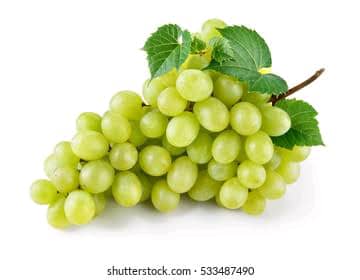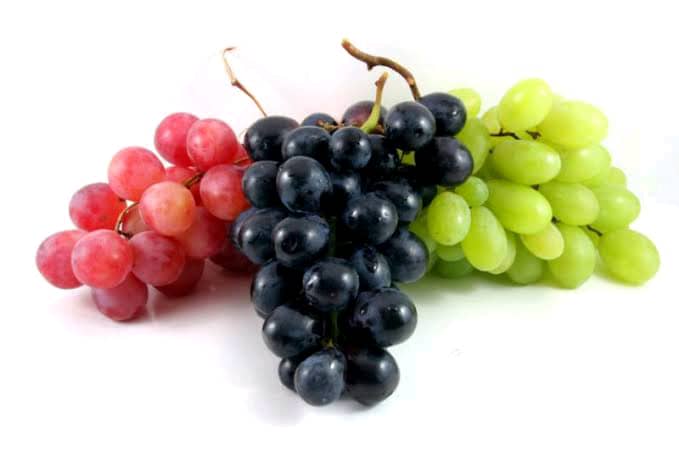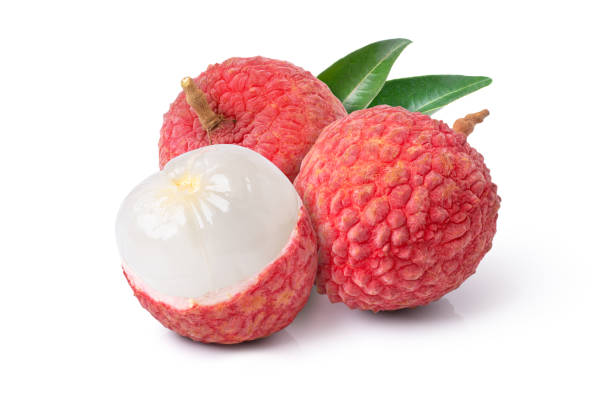In the diverse landscape of fruits, grapes stand as small yet formidable entities, offering a burst of sweetness accompanied by a rich array of nutrients. From their succulent flesh to the skin’s vibrant hues, grapes are not only a delight for the palate but also a nutritional dynamo, contributing to overall health in numerous ways.
Grapes, in their various colors and varieties, are known for their relatively low calorie content. A cup of grapes, comprising around 151 grams, contains approximately 104 calories, making them a satisfying and guilt-free snack option. However, the true nutritional richness of grapes extends beyond their caloric modesty.
One of the standout features of grapes is their high antioxidant content. Resveratrol, a polyphenol found in grape skins, has garnered attention for its potential health benefits. Studies suggest that resveratrol may have anti-inflammatory and heart-protective properties, contributing to cardiovascular health. The antioxidants in grapes, including flavonoids and carotenoids, also play a role in neutralizing free radicals, offering protection against oxidative stress.

Grapes are notably rich in vitamins, particularly vitamin C. This immune-boosting vitamin contributes to collagen formation, supports skin health, and aids in the absorption of iron from plant-based foods. Additionally, grapes contain small amounts of vitamin K, vitamin A, and several B vitamins, further enhancing their nutritional profile.
The fiber content in grapes, primarily found in their skins, is a valuable component contributing to digestive health. Fiber aids in maintaining regular bowel movements, supporting a healthy gut microbiome, and may contribute to weight management by promoting a feeling of fullness.
Beyond the nutritional basics, grapes harbor natural sugars, primarily in the form of fructose. This natural sweetness, coupled with the fruit’s bite-sized convenience, makes grapes an ideal alternative to processed sugary snacks, satisfying sweet cravings in a healthful manner.

The hydration aspect of grapes should not be overlooked, as they contain a significant water content, contributing to overall fluid intake. This hydrating quality, combined with the fruit’s portability, makes grapes a convenient and refreshing choice, especially in warm climates.
In conclusion, while grapes may be diminutive in size, their nutritional impact is far-reaching. From antioxidant-rich resveratrol to immune-boosting vitamin C and digestive-friendly fiber, grapes offer a symphony of nutrients that make them not just a snack but a valuable addition to a balanced diet. As we savor the sweetness of these petite fruits, we simultaneously partake in a nutritional experience that contributes to our well-being, reminding us that sometimes, the most powerful things come in small packages.



